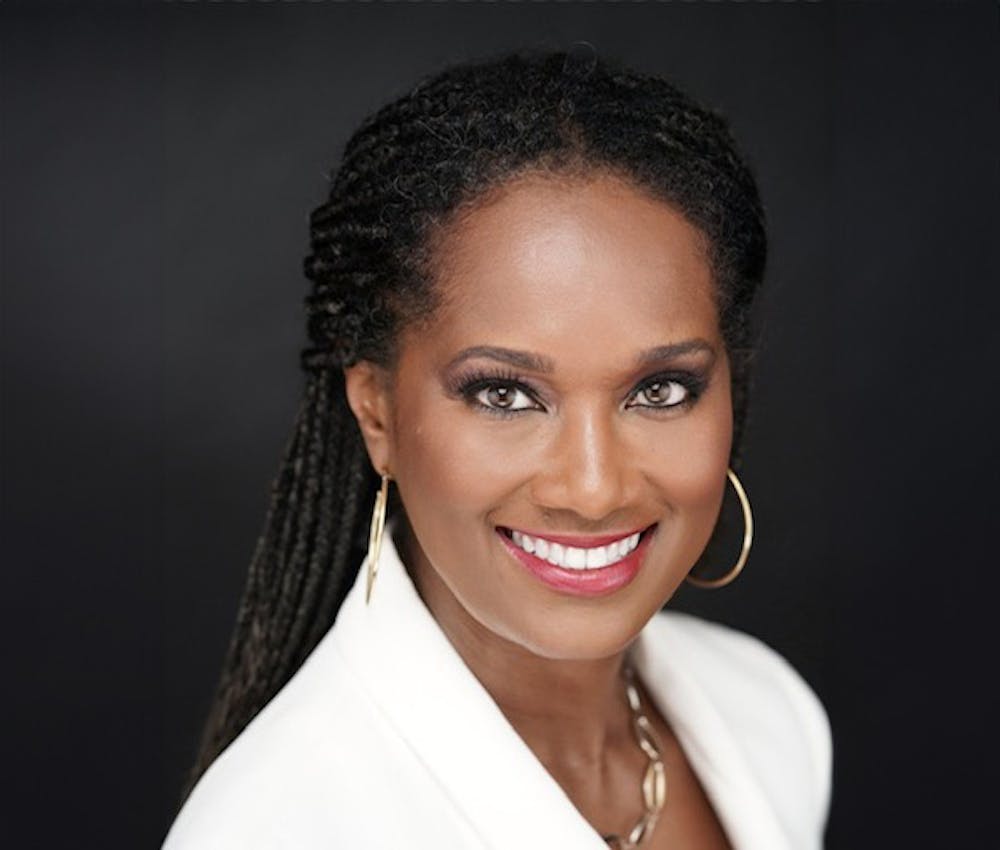UNC announced on March 18 that four individuals will receive honorary degrees for outstanding accomplishments in public service, dance and community service at the spring commencement ceremony.
On May 11, Deitre Allen Epps, Howard Lee and Richard Stevens will receive Doctor of Law degrees, and Michelle Dorrance will receive a Doctor of Arts degree.
Lynn White Blanchard, chair of the Honorary Degrees and Special Awards Committee, said the process of selecting recipients starts with nominations. Anyone can nominate someone for an honorary degree, and the committee will pick a maximum of five nominees to be approved by the Faculty Council. The council votes on these nominations and recommends them to the Board of Trustees, who ultimately approve the recipients.
Blanchard said the committee looks for people who exemplify the word "outstanding" in their respective fields, in addition to how their contributions are related to North Carolina and to UNC. She said an honorary degree is the highest recognition offered by the University.
Deitre Allen Epps
Epps founded RACE for Equity, a Durham-based organization that helps groups center equity in their work. She said she believes everyone has a purpose and hers is to bring out the potential all individuals have.
By working with leaders struggling to engage with the community, Epps uses data to fix disconnects between the work they are doing and the results they want to have. By honoring an equity leader, Epps said the award shows UNC is moving in the right direction. After tracing her maternal ancestors to North Carolina, she said it is deeply meaningful to know she is receiving an award on the same land as her ancestors.
“It's more than I can express in a few words, but because there's a deep emotion behind it, it's significant. It's meaningful. It's important," she said.



